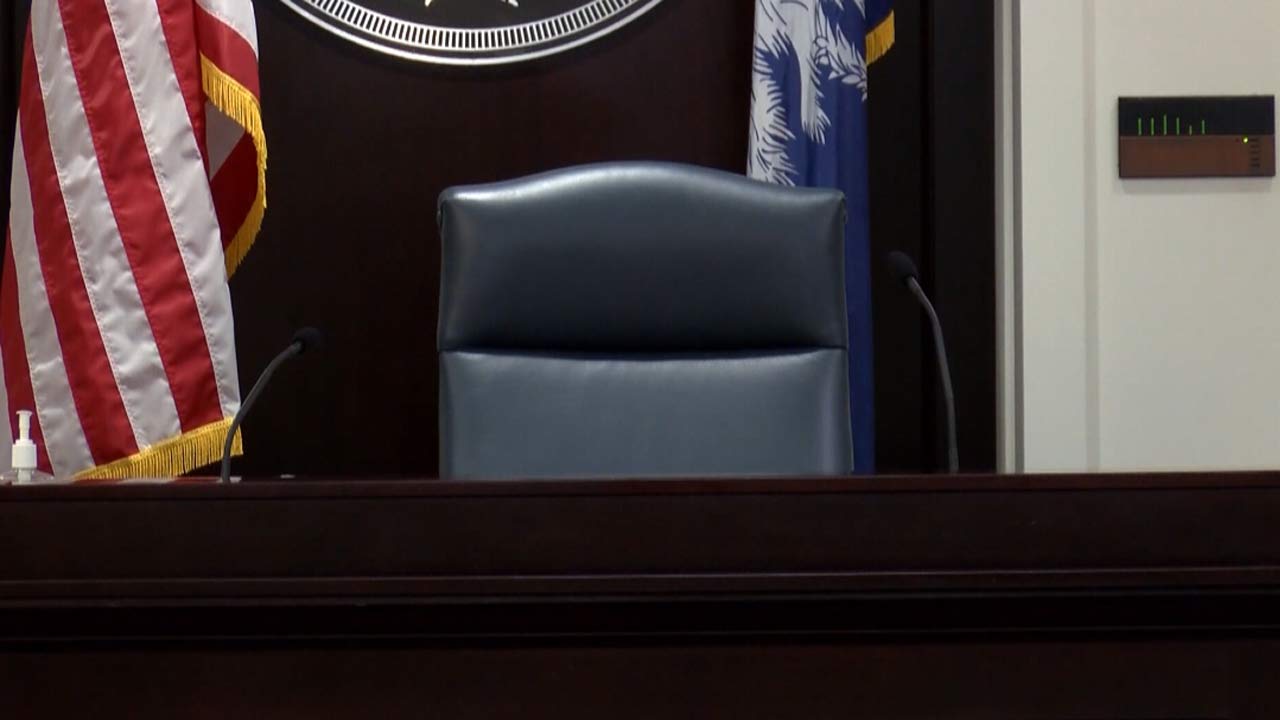South Carolina’s family court system is facing a crisis, with judges overwhelmed by a growing backlog of cases related to child custody, divorce, domestic violence, and foster care. In response, the state’s top judge, Chief Justice Donald Beatty, is urging lawmakers to allocate more funds to expand the system and improve efficiency in handling family-related legal matters.
During a recent budget hearing, Chief Justice Beatty emphasized that South Carolina’s family courts are stretched to their limits, with delayed hearings, overworked judges, and families waiting months—even years—for resolutions. The need for immediate intervention has never been greater, and the state’s judiciary is now pushing for financial support to hire more judges, improve court facilities, and streamline case processing.
The Growing Crisis in South Carolina’s Family Courts
South Carolina’s family courts handle cases that impact thousands of children and families each year. These courts oversee matters such as:
- Divorce and child custody disputes
- Domestic violence restraining orders
- Child abuse and neglect cases
- Foster care and adoption proceedings
However, Chief Justice Beatty warned that the current system is unable to keep up with demand. Some of the biggest issues include:
1. A Severe Shortage of Family Court Judges
- South Carolina has one of the lowest numbers of family court judges per capita in the country.
- Many judges handle hundreds of cases at a time, leaving little room for careful deliberation.
- Some families wait more than a year for a final decision on custody or visitation rights.
2. Case Backlogs Are Reaching Unmanageable Levels
- The pandemic worsened the backlog, as many court proceedings were delayed.
- The number of unresolved family court cases has skyrocketed, further delaying justice for those in need.
- Victims of domestic violence often struggle to get timely restraining orders due to scheduling delays.
3. Foster Care Cases Are Delayed, Leaving Children in Limbo
- Foster care placements and adoption approvals are taking longer than ever due to the court backlog.
- Many children remain in temporary foster homes for extended periods, unable to secure permanent families.
- Social workers and child advocates say these delays are harming children’s emotional well-being.
Chief Justice Beatty’s Plan to Fix the Crisis
To alleviate the pressure on the court system, Chief Justice Beatty is requesting increased state funding to:
1. Hire More Family Court Judges
- The judiciary is seeking funding to appoint additional judges who specialize in family law.
- More judges would allow faster case processing and shorter wait times for families.
2. Upgrade Court Facilities and Technology
- Many family courts still rely on outdated paper filing systems, slowing down legal proceedings.
- Beatty is pushing for digital upgrades and better case management software to speed up the process.
3. Expand Resources for Domestic Violence Cases
- Victims of domestic violence often need urgent legal protection, but delays in hearings put them at risk.
- Funding would allow for quicker processing of protective orders and better resources for survivors.
4. Improve Legal Support for Low-Income Families
- Many families cannot afford legal representation, leading to unfair outcomes in custody disputes.
- The plan includes expanding legal aid programs to ensure equal access to justice.
Lawmakers Respond to the Funding Request
South Carolina legislators are reviewing Chief Justice Beatty’s proposal, with mixed reactions so far.
- Some lawmakers agree that the backlog is unacceptable and support allocating more funds to fix the issue.
- Others argue that the state budget is already tight and that alternative solutions should be explored, such as mediation programs to resolve cases outside the court system.
However, public pressure is mounting, as families affected by the backlog demand immediate action.
The Impact on South Carolina Families
For many parents, children, and domestic violence survivors, the broken court system has real-life consequences:
- Divorcing parents often wait months for custody rulings, leading to emotional and financial instability.
- Survivors of abuse struggle to get legal protection, putting them at greater risk.
- Children in foster care face uncertainty and extended stays in temporary housing, affecting their well-being.
Advocates argue that funding court expansion isn’t just a bureaucratic issue—it’s a matter of public safety and family stability.
Conclusion: The Future of South Carolina’s Family Courts
The crisis in South Carolina’s family court system is deepening, and without immediate intervention, more families will suffer from delays in justice. Chief Justice Beatty’s urgent request for funding is an attempt to bring much-needed relief to an overwhelmed system.
The coming months will determine whether lawmakers approve the funding and whether South Carolina families finally get the timely legal resolutions they deserve. Until then, families, legal experts, and advocacy groups continue to push for reform, hoping for a more efficient and fair family court system in the state.








